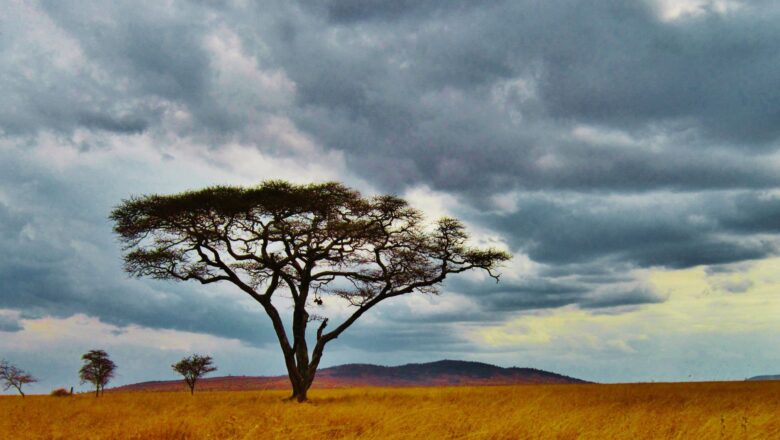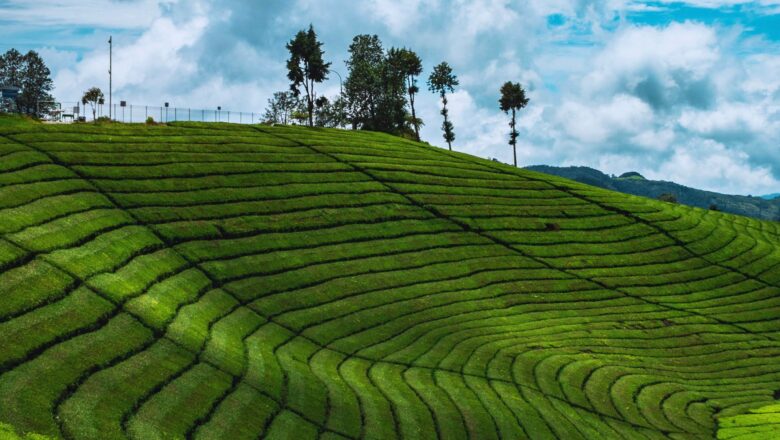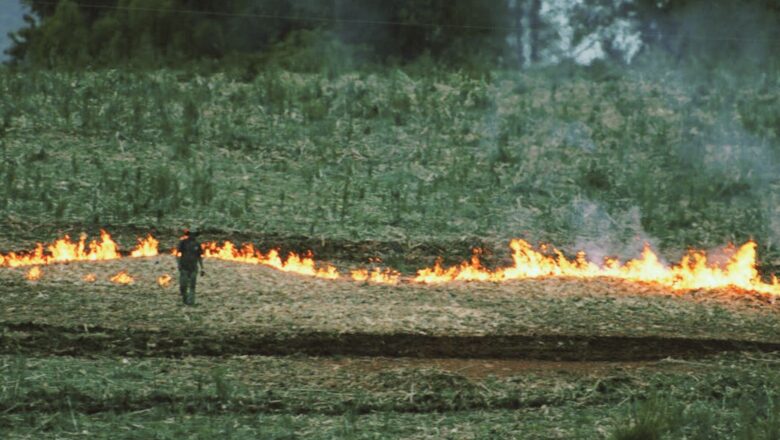
Monsoon Bliss: Early Rains Boost India’s Agricultural Prospects Amid Heavy Downpours
Kerala experienced an unusually early arrival of the southwest monsoon on May 24, eight days ahead of the usual schedule, marking the earliest onset in 16 years. This early arrival offers a promising start to the agricultural season and relief from recent heatwaves that have affected much of the country.
The India Meteorological Department (IMD) reported that the monsoon has already begun advancing into Karnataka, Tamil Nadu, and parts of the northeast. This early onset allows farmers to start sowing summer crops sooner, with increased soil moisture supporting better crop growth and potentially higher yields.
However along with the early arrival, heavy monsoon rains are expected across several regions, including Kerala, Karnataka, and Maharashtra. While these rains are crucial for ag...









